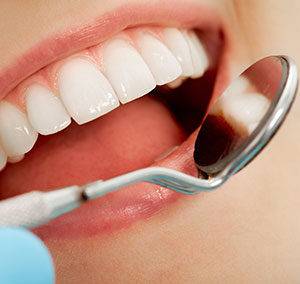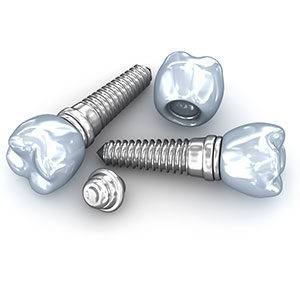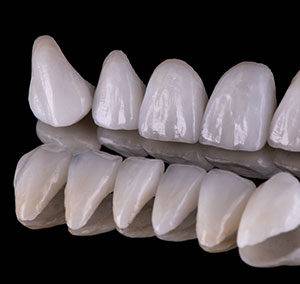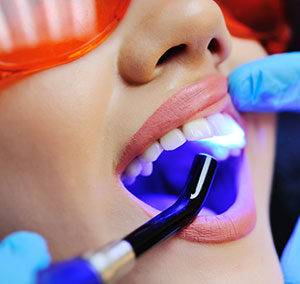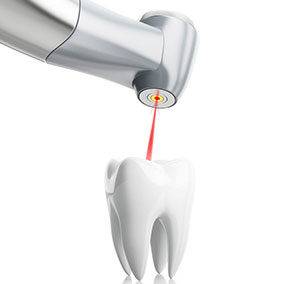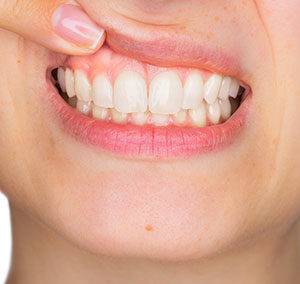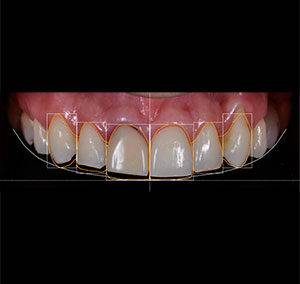Dental Implants
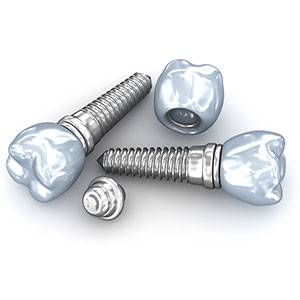
Once a tooth is lost, or a final decision has been taken for the tooth to be extracted, immediate or delayed implant placement is the ideal most conservative solution to compensate for tooth loss.
(Click here to know more)
Implants we use
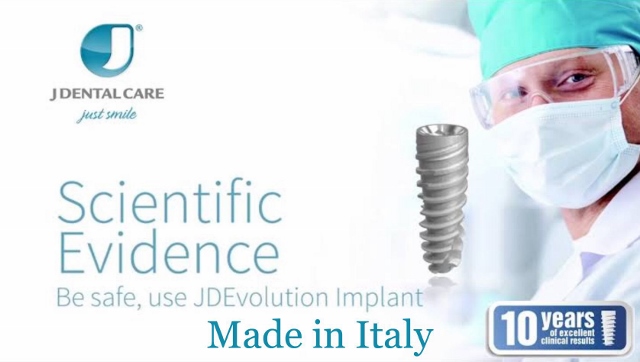
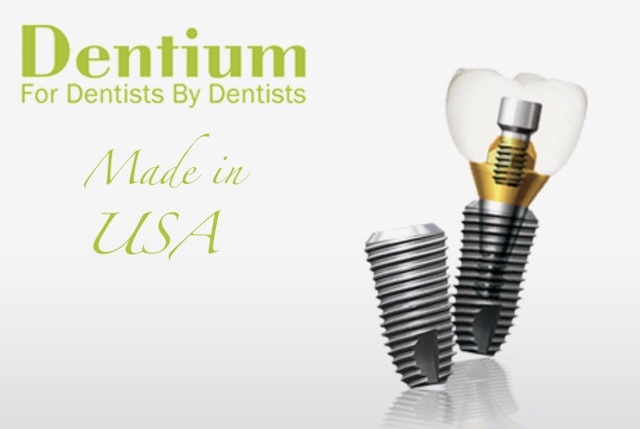

FAQ Implants
What are the consequences of having missing or badly decayed tooth/teeth?
1) The smile could be greatly compromised.
2) The ability to bite and chew well becomes a problem that worsens when ignored, and potentially affecting neighboring teeth and even the whole chewing mechanism.
3) Might cause psychological issues.
4) Wearing-off of the jaw bone supporting the tooth / teeth extracted, which will later cause more complicated dental procedures to compensate the area being restored.
5) Might even interfere with proper food digestion that could lead to physiological disorders.
Does every fractured or broken down tooth gets replaced with a dental implant?
No, only teeth that could not withstand future load or could not be re-built are replaced by dental implants. All efforts are made to save natural teeth first.
How long after tooth removal is the implant placed?
In most cases it is preferable to place the dental implants on the same day of tooth removal.
Sometimes it is better to wait for 8-12 weeks after tooth removal to place the implant if there is a great infection.
What is a dental implant?
Think of dental implants as artificial tooth roots, similar in shape to screws. When dental implants are placed in your jawbone, they bond with your natural bone by a process called “osseointegration.” They become a sturdy base for supporting one or more artificial teeth, in the form of crowns, bridges, or dentures.
When is the actual tooth crown placed over the implant?
In some cases the tooth crown is fixed over the implant on the same day of implant placement, but in most cases, a waiting period of 12-16 weeks is preferred.
How painful is tooth removal and implant placement? Does it need general anesthesia?
Both procedures do not need general anesthesia and are done in normal dental office settings under local anesthesia. On the day of the surgery and the next couple of days; some instructions are to be followed, which would keep pain or discomfort to the minimum.
What is the implant made of? Where is it manufactured?
Dental implants are made from a titanium metal alloy with a special surface which allows it to integrate very well in jaw bone.
We use more than one implant system from different manufacturers, most importantly is we only use the best and most successful brands worldwide.
Are there options other than dental implants to replace teeth?
Yes, fixed dental bridges and/or removable appliances could be used to compensate lost teeth, but dental implants remain the best option if there isn’t any medical contraindications.
What are the contraindications for dental implants?
- Uncontrolled diabetes
- Patients receiving medication for osteoporosis
- Patients receiving radiation in head and neck area.
My daughter has a missing tooth, my father also has missing teeth. Can they both benefit from dental implant service?
Young people older than 21 can safely replace their missing or un-savable teeth with implants.
Older people can also receive dental implants, after thorough investigation of their general health.
I am hesitant because I can't have my front teeth removed and wait for four months before my new teeth could be fixed over the implant. What should I do?
We always plan for a temporary appliance that you would receive right after extraction that will temporarily replace your natural teeth until the final tooth is ready for fixation over the implant.
Post-operative instructions:
- Stop hot drinks, chewing on the implant side, gargling, spitting for 24 hours.
- Drink cold drinks, place ice packs on the outside area of implant site.
- Avoid playing or checking implant site.
- Avoid smoking.
- Continue medication as prescribed by the implant surgeon.
- Stitches (if present) would be removed 14 days after implant placement.
